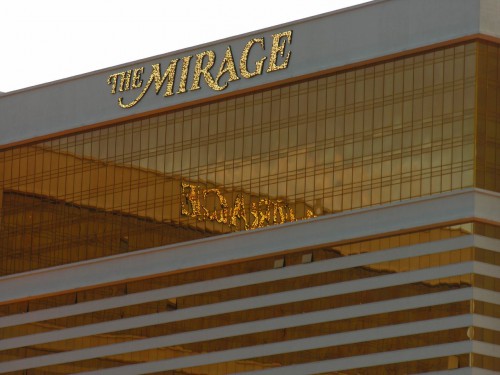By Michaella Sheridan
Massachusetts voters will decide whether or not to repeal the Expanded Gaming Act of 2011 in November, which allows for three resort casinos to be evenly dispersed throughout the state and one slots parlor.
The proposed casinos in Massachusetts would appear to be a great addition to the state’s economy, boosted by hyper-optimistic statistics. The massive entertainment centers would initially provide the state with thousands of jobs, millions of dollars in licensing fees and a further 25 percent of gambling revenue and 49 percent of slot parlor revenue. Looking a few years down the line, past the immediate benefits, however, the picture turns bleak as casinos prove to be a danger to the economic and moral integrity of our state.
According to anti-casino group, Repeal the Casino Deal, Governor Deval Patrick initially promised that three casinos and one slot parlor would provide Massachusetts with 50,000 jobs, but the current estimate rests at only 8,689 jobs. Most of these will not be created until 2017, and many will be temporary, part-time and entry-level positions with a turnover rate of 40 percent.
The group also notes that since 2011, Massachusetts’ economy has improved and our unemployment rate has diminished to 5.5 percent as of June 2014, so there is no real need for these adult amusement parks.
According to The Boston Globe, four out of the 12 casinos in Atlantic City, N.J. are shutting their doors, putting 8,000 people out of work. Casinos in Delaware and West Virginia are struggling, and Connecticut’s Foxwoods and Mohegan Sun casinos reported double-digit declines in slots revenues in June. Even Reno, Nev. has launched efforts to re-brand itself as a destination for high-tech companies instead of gamblers and quick divorces.

(Photo by Flickr user Judy Baxter)
Banned throughout the 1800s and 1900s, the casino industry was revived during the Great Depression in the 1930s in hopes that it would stimulate the suffering economy. Since then, 23 states have approved commercial casinos. Massachusetts would be the first state to have reversed its stance after legalizing them. So why is the Legislature back-pedaling on the 2011 decision?
Because casinos are a predatory business. Gamblers spend money in the casino, at casino hotels, and at casino restaurants instead of local businesses. Although revenue tax will be passed down from the state to its towns and cities, local businesses will be forced to close shop without the resources to compete with the glitz and glamour of the casino resorts.
Casinos also prey on the individual gambler. Slot machines use advanced technology to keep players at the machine longer, losing more of their hard-earned money. Some neuroscientists refer to modern slot machines as the crack cocaine of gambling, because they cause addiction to develop so quickly. The stimulation of slots, a few free watered-down drinks, and no outside light would, one assumes, zombify players, and what is a zombie if not an allegory for an addict?
These casinos would enable addiction and possibly in turn, enable poverty, divorce, embezzlement and suicide. There is no amount of jobs or tax revenue that could justify such harm to unsuspecting local communities. It is obvious that these casinos would not be global destinations like Las Vegas or Macau; they would lure in locals and steal the money that was initially given to them in the form of state tax money and earnings from the jobs the casinos created.
If voters choose not to repeal the Expanded Gaming Act, Massachusetts’ progressive potential will be compromised. Do your part and vote yes on question 3 on Nov. 4, 2014. Vote yes. Stop the casino mess.







